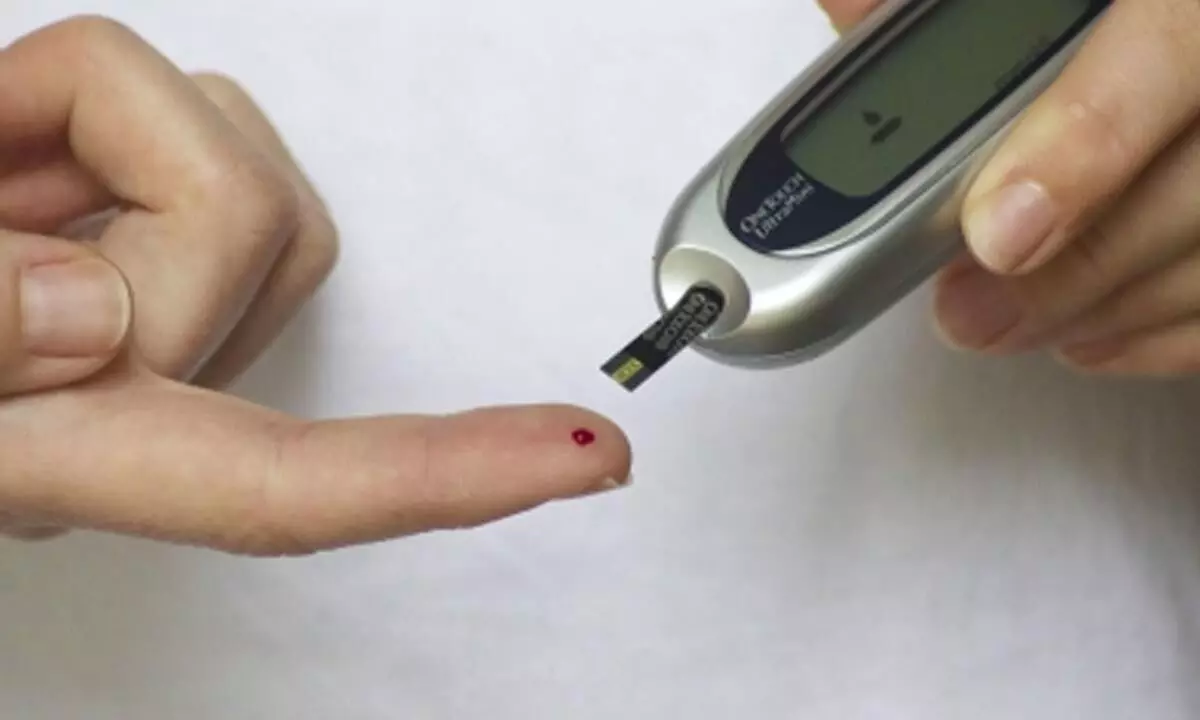Researchers develop new injectable to prevent hypoglycemia in diabetics
Share :

A team of researchers on Wednesday reported a new injectable solution to prevent and treat hypoglycemia condition in diabetic patients.
New York: A team of researchers on Wednesday reported a new injectable solution to prevent and treat hypoglycemia condition in diabetic patients.
According to the team, if glucose levels plunge too low, people can experience hypoglycemia, which can lead to dizziness, cognitive impairment, seizures or comas.
Researchers in the journal ACS Central Science report encapsulating the hormone glucagon. Glucagon is a hormone that signals the liver to release glucose into the bloodstream.
It’s typically given by injection to counteract severe hypoglycemia in people who have diabetes.
To improve glucagon stability and prevent hypoglycemia, Andrea Hevener and Heather Maynard looked to micelles — nanoscale, soap-like bubbles that can be customised to assemble or disassemble in different environments and are used for drug delivery.
They developed a glucose-responsive micelle that encapsulates and protects glucagon in the bloodstream when sugar levels are normal but dissolves if levels drop dangerously low.
To prevent hypoglycemia, the micelles could be injected ahead of time and circulate in the bloodstream until they are needed.
In mouse trials, the nanocapsules activated when blood sugar levels dropped dangerously low and quickly restored glucose levels.
In lab experiments, the researchers observed that the micelles disassembled only in liquid environments that mimicked hypoglycemic conditions in both human and mice bodies: less than 60 milligrams of glucose per deciliter.
Next, when mice experiencing insulin-induced hypoglycemia received an injection of the specialized micelles, they achieved normal blood sugar levels within 40 minutes.
From additional toxicity and biosafety studies in mice, the researchers note that empty micelles didn’t trigger an immune response or induce organ damage.
“While more studies are needed, the researchers say their proof-of-concept is a first step toward a new on-demand and effective method for preventing or mitigating extremely low blood sugar levels,” the researchers noted.















